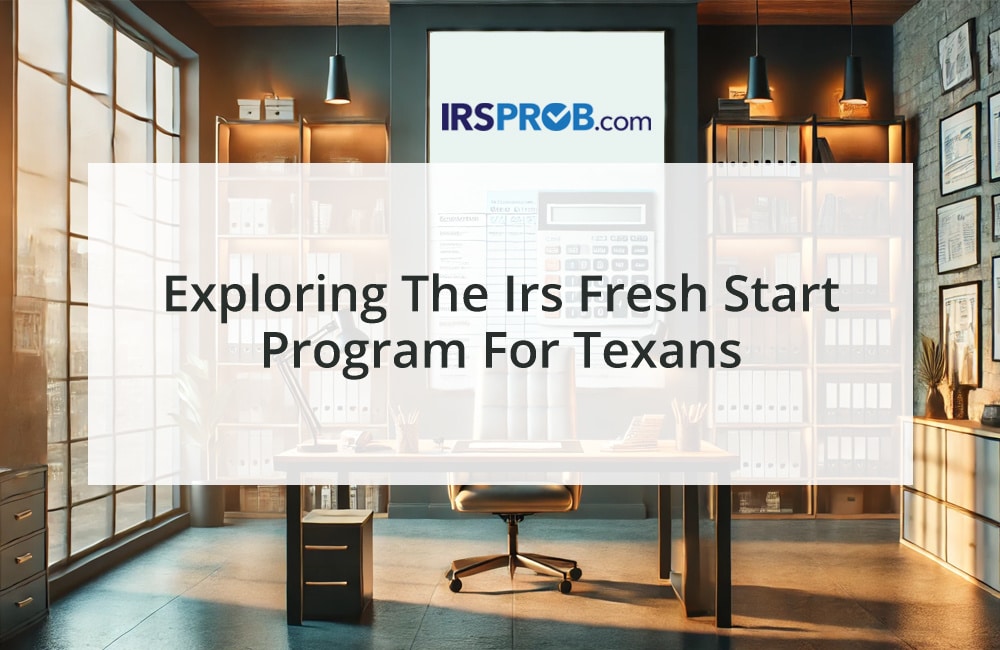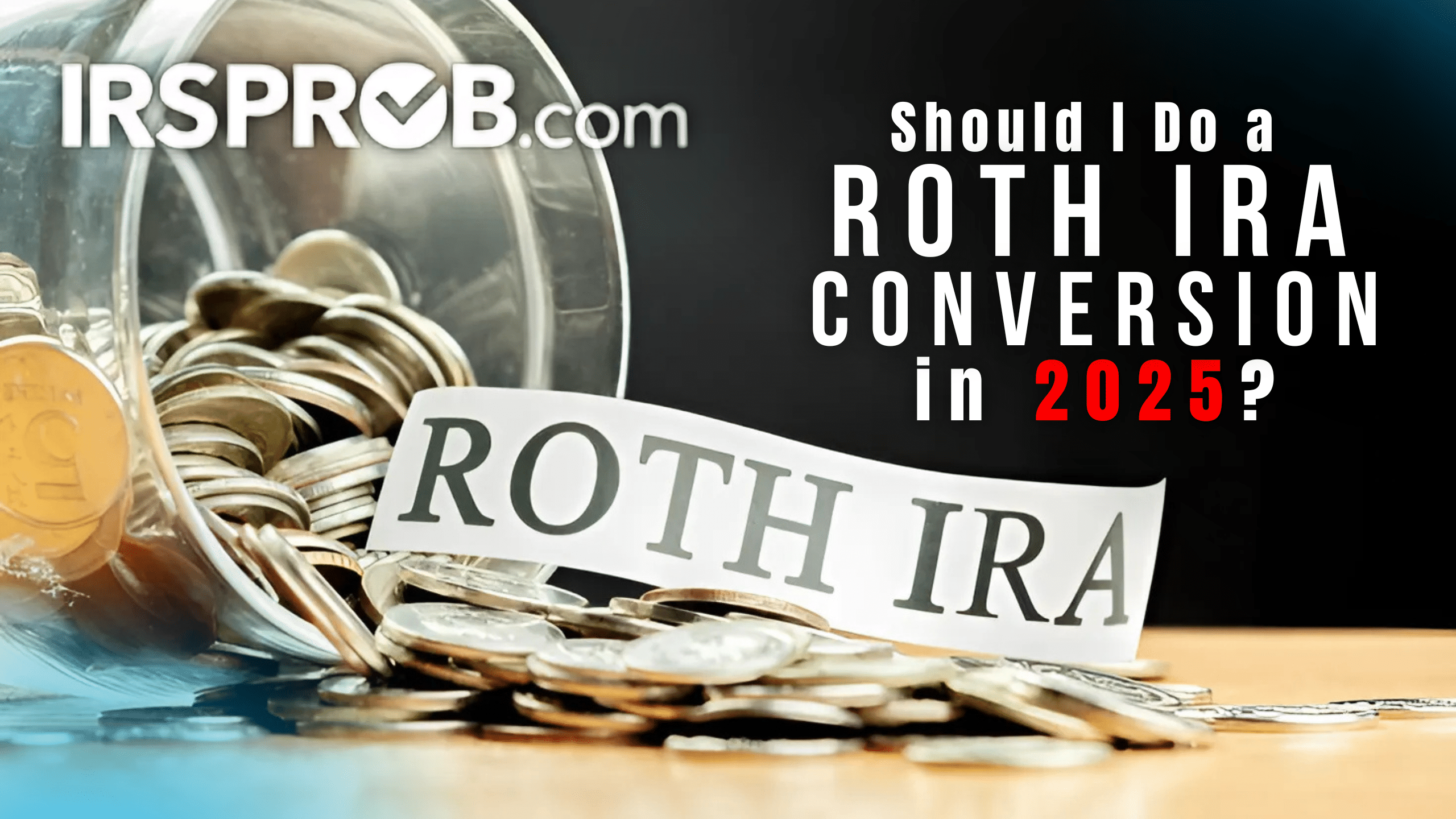In the age of social media, platforms like TikTok have become popular sources of information on a wide range of topics, including tax advice. However, the IRS has raised significant concerns about the proliferation of misleading and incorrect tax information on these platforms. This blog post delves into the dangers of following tax advice from TikTok and other social media sites, highlighting the need for caution and the importance of consulting qualified tax professionals.
The Dilemma Facing the IRS
The IRS is in a challenging position when it comes to combating bad tax advice on TikTok. Federal government employees, including those at the IRS, are prohibited from accessing TikTok on government devices due to security concerns. This restriction makes it difficult for the IRS to monitor and counteract the spread of misinformation on the platform.
Erin Collins, the National Taxpayer Advocate, highlighted this issue at the AICPA & CIMA ENGAGE conference in Las Vegas. She pointed out that the IRS cannot directly engage with TikTok users to provide accurate information, leaving a gap in the agency’s ability to counteract false claims. “We’re not supposed to even see what’s in there,” Collins said, emphasizing the challenge of reaching an audience that relies on social media for tax advice.
The Spread of Misinformation
The IRS has included “bad tax information on social media” in its 2024 Dirty Dozen list of tax scams. This list warns taxpayers about various schemes that encourage the misuse of tax documents and the filing of fraudulent claims. For example, some TikTok videos suggest misusing Form W-2, Wage and Tax Statement, or Form 8944, Preparer e-file Hardship Waiver Request, to obtain larger refunds or avoid taxes altogether.
In addition to the Dirty Dozen list, the IRS issued a consumer alert in May 2024 about bad social media advice on specific tax credits, such as the fuel tax credit, the sick and family leave credit, and household employment taxes. While these credits are legitimate, they apply only to specialized situations, and misinformation can lead taxpayers to make ineligible claims, resulting in audits and penalties.
Common Myths and Misleading Advice
Several common myths and pieces of misleading advice have been circulating on TikTok, including:
1. Starting a Side Hustle to Write Off Expenses: While it’s true that starting a business can allow for certain deductions, the business must be legitimate, and accurate bookkeeping is essential. The IRS differentiates between a real business and a hobby, and improper claims can lead to penalties.
2. Writing Off Personal Expenses as Business Expenses: Some TikTok influencers suggest that personal expenses, such as buying a car or a pet, can be written off as business expenses. However, the IRS requires that these expenses be used exclusively for business purposes, and personal use can disqualify the deduction.
3. Claiming Taxes Are Voluntary: This dangerous myth has led some individuals to believe they can avoid paying taxes altogether. In reality, taxes are mandatory, and failure to pay can result in severe legal consequences, including imprisonment.
The Impact of Misinformation
The spread of bad tax advice on TikTok has real-world consequences. Tax professionals report an increase in clients who have made poor financial decisions based on social media advice. For instance, some small business owners have amended their payroll tax returns to claim the Employee Retention Credit (ERC) based on misleading TikTok videos, only to face audits and penalties when their claims were found to be ineligible.
In Australia, a billion-dollar tax fraud scheme was propagated through TikTok, where influencers encouraged people to claim fraudulent refunds on goods and services taxes. This led to significant legal repercussions for many individuals who followed the advice.
The Importance of Professional Advice
Given the complexities of the tax code and the potential for severe penalties, it is crucial to seek advice from qualified tax professionals rather than relying on social media. Tax professionals can provide personalized guidance based on your specific situation, ensuring compliance with tax laws and maximizing legitimate deductions.
Conclusion
While TikTok and other social media platforms can offer entertaining and sometimes informative content, they are not reliable sources for tax advice. The IRS and tax professionals urge taxpayers to exercise caution and verify any information obtained from social media with a qualified tax advisor. Remember, if something sounds too good to be true, it probably is. Always consult a certified public accountant or tax professional to ensure you are making informed and legal tax decisions.
For more information on avoiding tax scams and obtaining accurate tax advice, visit IRS.gov or consult with a trusted tax professional.









